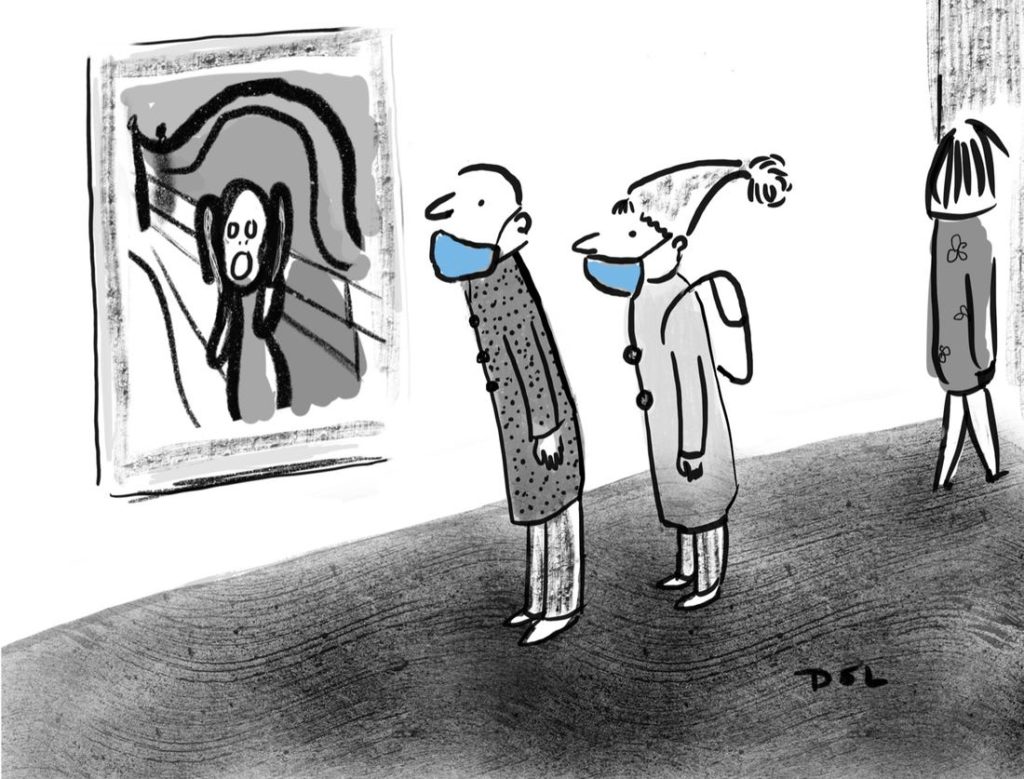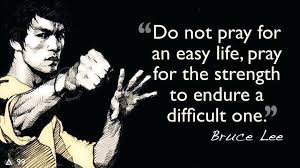Anxiety and the Coronavirus Pandemic: A Behavioral-Buddhist Approach
As we are collectively facing the uncertainties, fears, anxieties, loneliness, boredom, and the wide array of “dark”emotions brought about by the pandemic blanketing the globe, it is easy to feel overcome. However, we can view this as an opportunity to look deeper into the mechanisms of mind and discover the true source of our reactions. It therefore becomes clear that the remedy is to not find a remedy to emotional pain, but to embrace whatever we are experiencing with openness, non-judgement, compassion and true acceptance. In so doing, we can acknowledge the coming and going of emotion, and thus be less likely to be stuck in them. For all emotions are themselves fleeting. However, and this is the paradox, to the extent that we try to avoid, manage or otherwise control our emotions, they are more likely to remain stuck and contribute to ongoing and unconscious emotional reactivity.
It is understandable that we will experience fear. Fear more for the health and safety of loved ones than even for ourselves. In Buddhist practice, we understand that aging, illness, death, and decay are all intrinsic aspects of impermanence. By deeply acknowledging impermanence, there is a great sense of freedom that can emerge. Therefore, a powerful method is to affirm this reality. We can begin by reciting the affirmation that I, and all my loved ones are subject to aging, illness, and death. Acknowledging that nothing lasts. But that also helps us realize that yes, while nothing persists, that includes this pandemic. This too shall pass. But that doesn’t mean that in its passing, everything will be as it was.
Other fears will no doubt surface regarding job security, overall economic stability, general uncertainty regarding the course of the pandemic and the world affairs afterwards etc. All of these are natural and understandable concerns. But we must ask ourselves if there is any actionable strategies we can presently undertake to address these issues/concerns. In most instances, the answer will be no. But even when the answer is yes, handringing will probably not facilitate viable solutions.
Any means by which we can openly face our difficult emotions is essential to the what makes up exposure in behavioral terms. By exposing one’s self to difficult emotions and the stimuli that evoke them, provides the brain an opportunity to calibrate the actual level of threat and thus react in accordance to the actual and biological level of urgency. So, for example, it is wise to use caution in when entering into any social setting and to maintain safe social distancing. It is not just for ourselves that we do this, but, moreso for others, especially those at higher levels of potential immunological risk. However, I am in the position of assisting individuals that are so overcome by fear and avoidance that they cannot venture out of their house and face danger of losing their jobs.
In such cases they are encouraged to incrementally expose themselves in a stepwise manner to increasing levels of perceived threat. So, for example, for one young fellow I am working with, that means just walking to the end of his block as a beginning. Then, gradually “conquering” more territory by expanding his walks and nature of interactions to include eventually going into a grocery store and making purchases. Meanwhile in imagery, he can conjure all sorts of calamitous consequences. Becoming infected with Corona, giving it to loved ones (guilt/shame), blamed by others and ostracized for having been so careless and selfish (rejection/abandonment, and dying a lonely spinster in a back alley with no loved ones. The later portion being the ultimate fear… that of complete isolation, aloness, meaninglessness; devoid of any sense of connection. Even death is no escape in imagery since he is shunned by the Gods, prevented from interacting with departed loved ones, and relegated to a dark, empty and infinite void.
Yeah, I know… sounds cruel. But in actuality, such exposure methodologies help to lay bare whatever is already rumbling around in the periphery of consciousness, but not in a manner sufficient to bring about growth.. only sustained levels of anxiety and discomfort. By facing the demons head on and with steadfast purposefulness, we can be free of their malevolent grip. Just as Buddha had to face the demon God Mara to achieve enlightenment and the great Tibetan sage Milerapa had to face the demons that invaded his Himalayan cave and even placed his head into the main demon’s mouth, so too we all at some point must face our fears and desires if we are able to ever achieve peace, acceptance and liberation. Behavioral psychology and Budhist practices make unlikely bedfellows towards achieving this goal.
Nature will never fail to present us with opportunities. Covid 19 is ripe with opportunities for us to face fear, loneliness, impermanence, loss, helplessness and so on. Or we can just lament its occurrence and see it as bad fortune. That is up to each of us. But when we can remember that the greatest demons are the greatest teachers, well… then that would be something!
Tips for facing the emotions:
- identify and specifically label arising emotions.
- focus intently on where in your physical body they seem to arise.
- continue to watch the minds commentary and drama surrounding those emotions.
- feel the feelings… cut the drama!
- expose yourself using reasonable precautions and public safety guidelines to expose yourself to feared activities/settings.
- use imagery to really push the envelope. try to conjure the nightmare from hell. Make friends with the demons.
- ask what the demons are trying to teach. What qualities might are they asking you to develop?
- ask yourself what positive growth has occurred because of this situation both individually and collectively. More on this next time…
Please feel free to pose comments, insights, objections below. Respectful conversation is invited!






